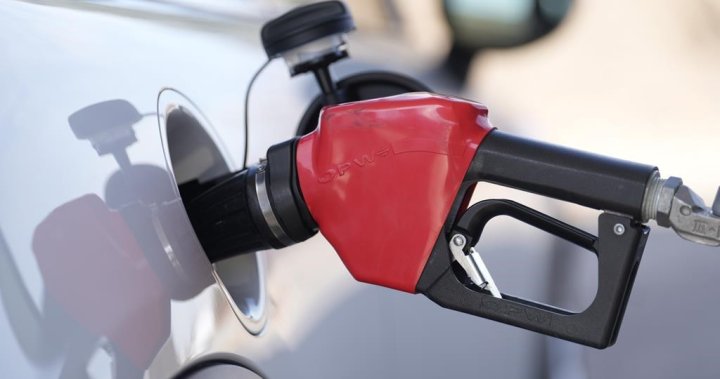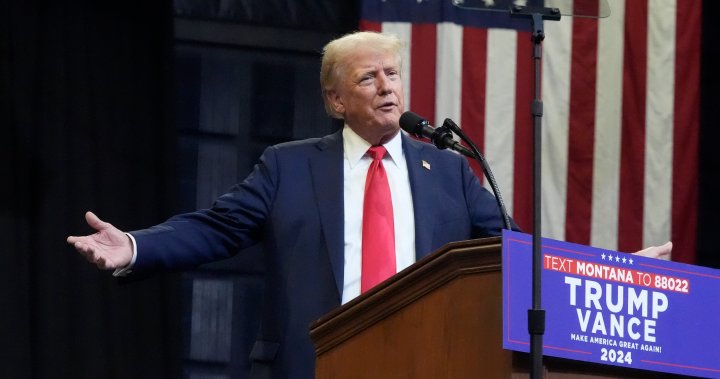The controversial federal carbon price increase officially comes into effect Monday.
Despite calls from premiers for a pause, carbon pricing will rise to $80 a tonne on April 1, up from the current $65 a tonne. The price will continue to rise annually by $15 until it reaches $170 a tonne by 2030.
The carbon price is a “cornerstone policy” of Prime Minister Justin Trudeau’s minority Liberal government, said Hadrian Mertins-Kirkwood, a senior researcher with the Canadian Centre for Policy Alternatives.
But provincial leaders like Newfoundland and Labrador Liberal Premier Andrew Furey have been calling for a halt over affordability concerns.
Fury said in an open letter to Prime Minister Justin Trudeau earlier this month that while his government is “deeply invested” in environmental sustainability, the increase “is causing understandable worry as people consider how they will manage the mounting financial strain.”
Alberta Premier Danielle Smith called the carbon price increase “inhumane” during testimony at a House of Commons committee on Thursday.
Breaking news from Canada and around the world
sent to your email, as it happens.
Conservative Leader Pierre Poilievre has also been vocal about stopping the carbon increase, but his “spike the hike” motion was defeated at the House of Commons earlier this month.
British Columbia, Quebec and the Northwest Territories are the only regions that have their own carbon pricing systems in place.
“A province or territory can decide to voluntarily adopt the federal pricing system,” the federal government said on its website.

Speaking at a daycare announcement in Surrey, B.C., Trudeau accused Conservative premiers and politicians of “misleading” Canadians on the carbon price.
“It’s concrete action to fight climate change at a time where we’re seeing the impacts of extreme weather events, floods, fires, droughts,” Trudeau said.
Environment Minister Steven Guilbeault said on The West Block last week that low-income and middle-class Canadians will get the money from the carbon price increase back in their pockets.
“If we remove carbon pricing from the equation for individuals, people — eight out of 10 Canadian families will be worse off economically. They will have less money in their bank account if we do that,” he said.
The increase starting Monday will be most noticeable at the gas station and on energy bills in provinces and territories where the federal backstop plan applies, Mertins-Kirkwood told Global News earlier this month.
“The idea is that by putting a price on pollution, people will use fewer fossil fuels, and that drives down overall emissions from the economy,” he said.
At the pumps, the hike beginning Monday will add roughly three cents to the cost of gas, Mertins-Kirkwood said.
It’s a “much smaller increase than you’d normally expect through a fluctuation of oil prices,” he said.
© 2024 Global News, a division of Corus Entertainment Inc.





